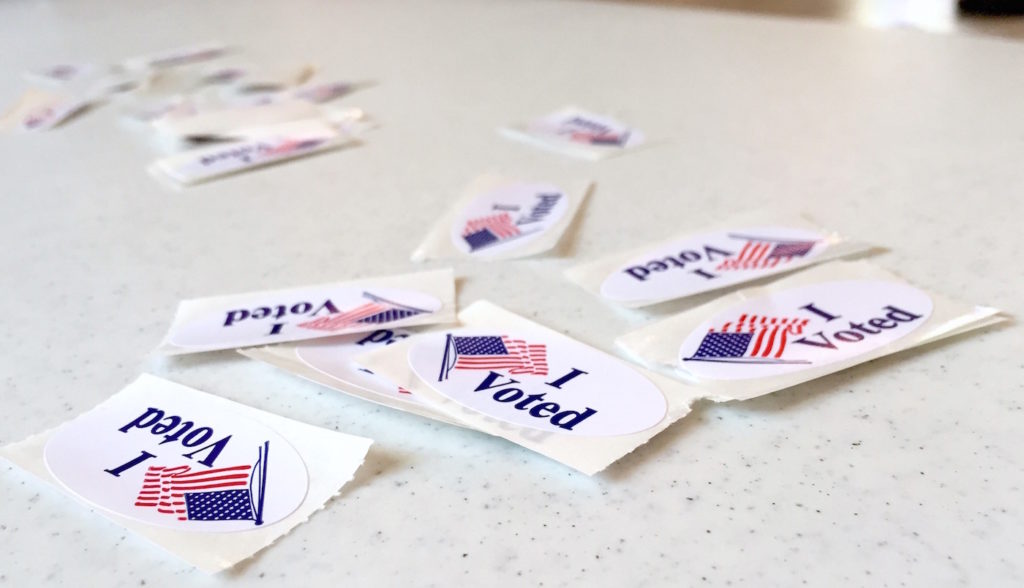
Some Nashville leaders are pushing for a significant change to local elections after a year in which multiple contests ended up in run-off contests, which take extra time and money to conduct.
A proposed amendment to the Metro Charter would eliminate run-offs by shifting how voters cast ballots to a method known as “ranked choice voting,” also known as the “instant runoff” method.
As it stands, when candidates split the vote — and no one receives 50 percent — then the top two must go to a run-off. That’s been the case in two recent Metro Council special elections, as well as last year’s special election for vice mayor.
The difference with the new idea would be that instead of voters picking only their top candidate, they would be asked to rank as many as they like, in order.
There are a few ways to count such ballots.
But the key concept is that if no candidate gets a majority of the first-place votes, then second-place rankings can be considered, and so on, until there’s a clear winner on election night.
The Nashville proposal says that whichever candidate has the fewest first-place votes would be eliminated; anyone who had ranked that person first would then instead be counted for whomever they ranked second.
In a large field, eliminations would continue in this way until a winner breaks the 50 percent threshold.
Bellevue-area Councilman Dave Rosenberg pushed for this change last year, but narrowly lost a council vote to put the matter into a ballot measure.
“This has been gaining momentum nationally,” he said. “It’s a good-government proposal in many ways.”
Rosenberg argues that eliminating runoffs will save Metro money, reduce voter fatigue, and more quickly seat leaders into positions so they can begin working for their constituents.
“This is creating a majority winner in a very efficient way,” he said.
Rosenberg cites the recent string of run-offs, which have drawn low turnouts while costing Metro money.
Election officials say a council district runoff costs about $40,000, but that a countywide run-off, like for vice mayor, can cost $500,000.
Conducting those elections also forces a quick-turnaround and logistical challenge for poll officials, said Elections Administrator Jeff Roberts.
“It’s part of the process, and we have to have those folks there to make it feasible to get people in and out of the voting precinct,” he said. “They’re all about doing a good job. Would their preference have been not to have a runoff? Sure.”
Roberts said he’s neutral on the proposal, and will conduct elections however the council and citizens decide is best.
If the method is adopted, the election commission would need to educate voters on exactly how it works. But Roberts notes newly purchased voting machines are already equipped to handle ranked choice voting.
The proposal is still in its early stages. The Metro Council will likely decide by April whether to put the charter amendment on the August ballot.
Late last week, the state’s election coordinator
told Memphis that state law does not allow it to use ranked choice voting for elections this year.
But Rosenberg says he’s pressing ahead with his proposal. He plans to present it at Tuesday night’s Metro Council meeting.


